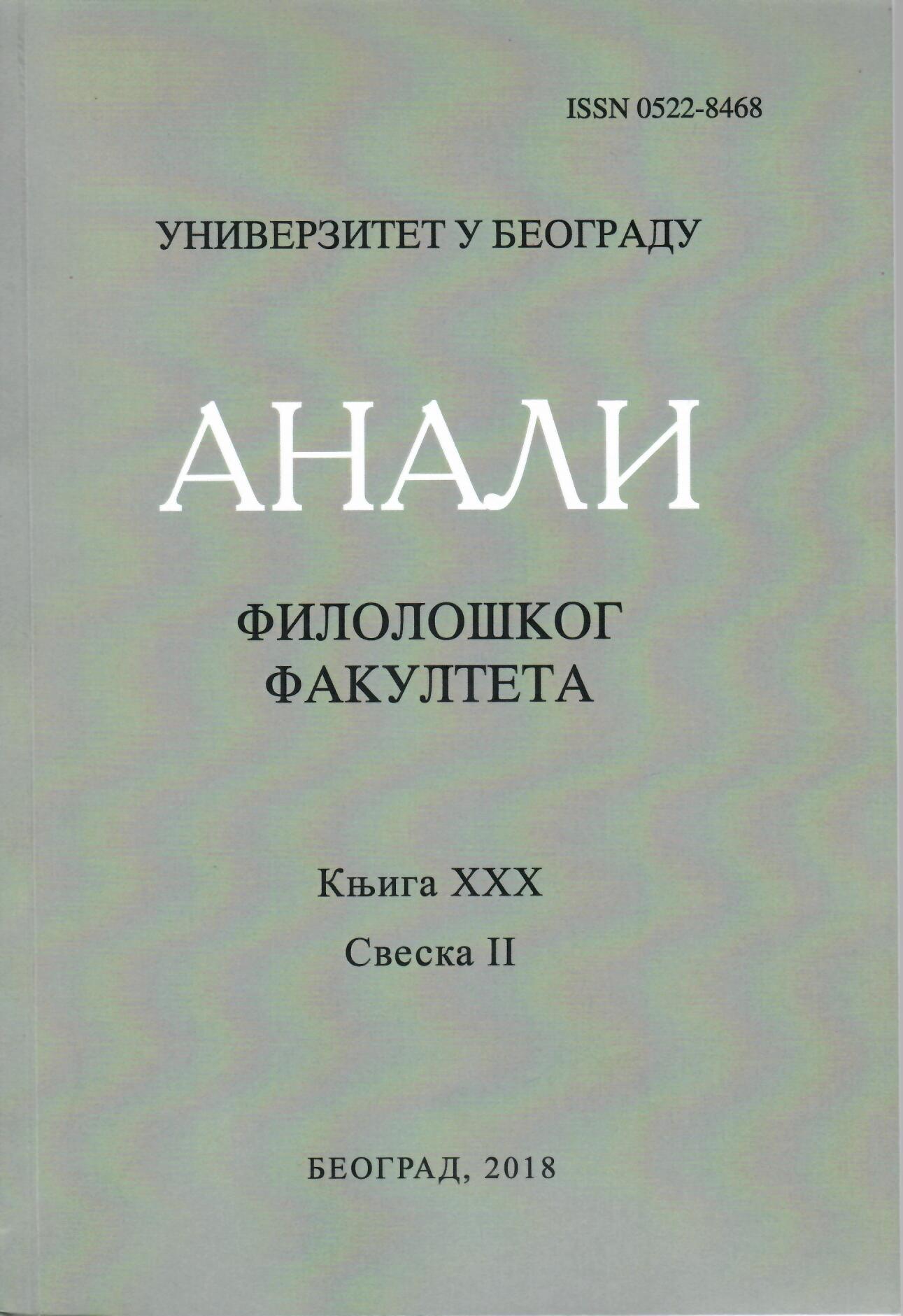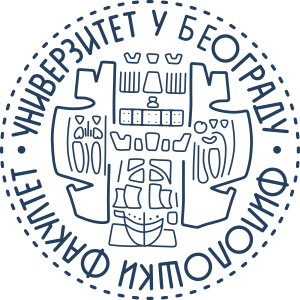“The Salam Farsi Learner Corpus” - Introducing the Error Tagging System
DOI:
https://doi.org/10.18485/analiff.2018.30.2.13Кључне речи:
Learner corpus, Teaching Persian to Serbian, Corpus linguistics, Error analysisАпстракт
Linguistic corpora constitute reliable sources and empirical means for analyzing linguistic data. They are also widely used in the fields of Second/Foreign Language Acquisition and Foreign Language Teaching research, where the most commonly used type are Learner Corpora. This paper aims to introduce the the error annotation and tagging system of the very first error-tagged Persian learner corpus, called the Salam Farsi Learner Corpus (SFLC), as well as an analysis of linguistic errors based on a collection of written texts produced by Serbian learners of the Persian language. To set up the SFLC, three major stages, namely, constructing the corpus, proposing a system of error annotation and developing tools and software, were followed, and the practical phases such as the systematic collection of data and metadata, defining the corpus design criteria, creating the error tagsets and developing the corpus interface, software and specific tools were developed. The SFLC software is equipped with four main tools in order to function as an error-tagged learner corpus and provide the statistical reports.
Downloads
Downloads
Објављено
Број часописа
Рубрика
Лиценца

Овај рад је под Creative Commons Aуторство-Дели под истим условима 4.0 Интернационална лиценца.
Authors who publish with this journal agree to the following terms:
- Authors are confirming that they are the authors of the submitting article, which will be published (print and online) in the journal Anali filološkog fakulteta by the Faculty of Philology, University of Belgrade (Faculty of Philology, Studentski trg 3, 11000 Belgrade, Serbia). Author’s name will be evident in the printed article in the journal. All decisions regarding layout and distribution of the work are in hands of the publisher.
- Authors guarantee that the work is their own original creation and does not infringe any statutory or common-law copyright or any proprietary right of any third party. In case of claims by third parties, authors commit their self to defend the interests of the publisher, and shall cover any potential costs.
- Authors retain copyright and grant the journal right of first publication with the work simultaneously licensed under a Creative Commons Attribution-ShareAlike 4.0 International License that allows others to share the work with an acknowledgement of the work's authorship and initial publication in this journal.
- Authors are able to enter into separate, additional contractual arrangements for the non-exclusive distribution of the journal's published version of the work (e.g., post it to an institutional repository or publish it in a book), with an acknowledgement of its initial publication in this journal.
- Authors are permitted and encouraged to post their work online (e.g., in institutional repositories or on their website) prior to and during the submission process, as it can lead to productive exchanges, as well as earlier and greater citation of published work.





